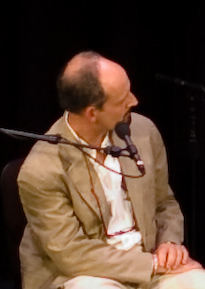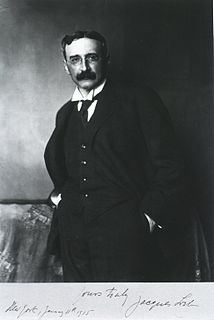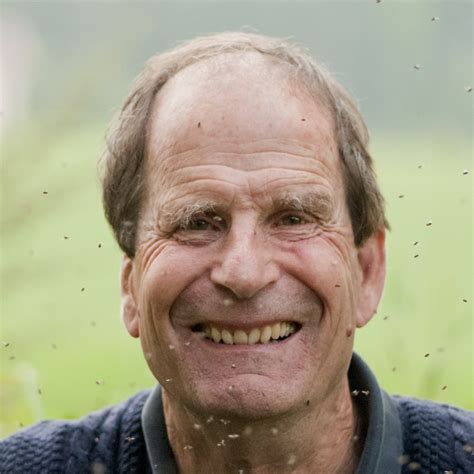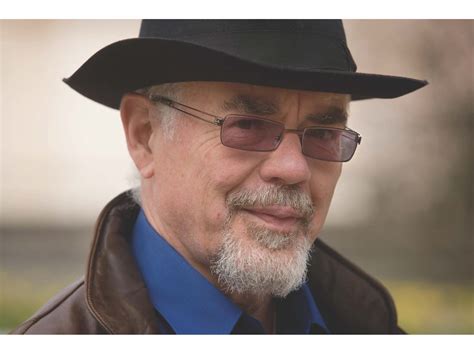A Quote by Marc Hauser
Most animals are like the unfortunate Gregor Samsa after metamorphosis. They are Kafka-creatures, organisms with rich thoughts and emotions but no system for translating what they think into something that they can express to others.
Related Quotes
I've always gone with Kafka's model of establishing the world from the first line, as in Kafka's famous line from Metamorphosis, "Gregor Samsa woke up from uneasy dreams to find himself transformed into a gigantic insect" (or beetle or cockroach, depending on the translation). I have to have that first line before I can go further.
One night a friend lent me a book of short stories by Franz Kafka. I went back to the pension where I was staying and began to read The Metamorphosis. The first line almost knocked me off the bed. I was so surprised. The first line reads, “As Gregor Samsa awoke that morning from uneasy dreams, he found himself transformed in his bed into a gigantic insect. . . .” When I read the line I thought to myself that I didn’t know anyone was allowed to write things like that. If I had known, I would have started writing a long time ago. So I immediately started writing short stories.
We are all animals of this planet. We are all creatures. And nonhuman animals experience pain sensations just like we do. They too are strong, intelligent, industrious, mobile, and evolutional. They too are capable of growth and adaptation. Like us, firsthand foremost, they are earthlings. And like us, they are surviving. Like us they also seek their own comfort rather than discomfort. And like us they express degrees of emotion. In short like us, they are alive.
This brings me back to the image of Kafka standing before a fish in the Berlin aquarium, a fish on which his gaze fell in a newly found peace after he decided not to eat animals. Kafka recognized that fish as a member of his invisible family- not as his equal, of course, but as another being that was his concern.
Patanjali said that when you are steadfast in your abstention of thoughts of harm directed toward yourself and others, all living creatures will cease to feel fear in your presence. Steadfast means you never slip. I think my mission is to support people in being steadfast in not having thoughts of harm - thoughts of judgment, worry, or hatred - directed toward themselves or others.
The world of organisms, of animals and plants, is built up of individuals. I like to think, then, of natural history as the study of life at the level of the individual-of what plants and animals do, how they react to each other and their environment, how they are organized into larger groupings like populations and communities.
Kafka is one of my very favorite writers. Kafka's fictional world is already so complete that trying to follow in his steps is not just pointless, but quite risky, too. What I see myself doing, rather, is writing novels where, in my own way, I dismantle the fictional world of Kafka that itself dismantled the existing novelistic system.
We are, first of all, not solitary creatures and second of all, we are deeply embedded in the lives of others. It's very easy to forget that and to engage in an atomistic fallacy - where we think that all we have to do is study the individual components of a system in order to understand the system.




































